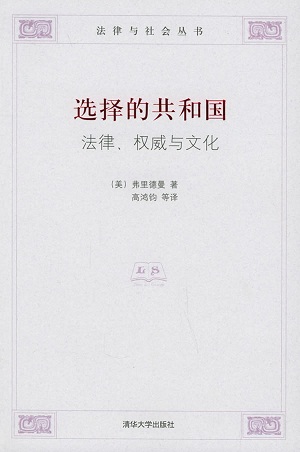Financing the Olympic Games–Richard Posner’s Comment
按:这是波斯纳对贝克尔 “Determinants of the Olympic Success of Different Countries” 一文的评论。
When a sport or other game is played all over the world (chess for example, or soccer), it is natural that there should be international competition. The oddity of the Olympics is that they are presented as athletic competitions between nations, rather than between teams each of which presumably would have a permanent residence in one nation yet might recruit team members from other nations as well. Nations in the grip of nationalist emotion or wanting to advertise their power to the world (nations such as Hitler’s Germany, which made the 1936 summer Olympics, held in Berlin, a major propaganda event; East Germany and other communist countries; and now China) invest heavily in training their Olympic athletes. China is estimated to have spent as much as half a billion dollars to train their athletes for the Olympic games now underway in Beijing. The heavy investments that nations that regard Olympic competition as a propaganda opportunity in turn spur other nations to invest heavily in training their own Olympic athletes.
The nationalistic fervor and great-power aspirations that Olympic competition stimulates seem to me a negative externality. In addition, some unknown but doubtless large fraction of the expenditures on training athletes have no social product, but are in the nature of “arms race” expenditures. If one nation spends very heavily on training its Olympic athletes, other nations, if they want to win a respectable number of medals, have to spend heavily as well. The expenditures are offsetting to the extent that the objective of competition is to win rather than to produce an intrinsically better performance. Economic competition produces better products at lower quality-adjusted prices, and this effect dominates the costs of competition in duplication of facilities and offsetting advertising. The balance in athletic competition is different, because the main product (as in war) is winning, and it makes little difference to the consumer whether the winner ran a mile in 3.05 minutes or in 3.01 minutes. Moreover, Olympic competition is inherently lopsided since, as Becker explains, success is largely determined by a nation’s population, per capita income, and (in the winter Olympics) climate. Why should Americans feel good if an American team beats a team from Costa Rica?














 某些电影、某些书,好象一直是在某处等待,等你去看,等着跟你说话。
某些电影、某些书,好象一直是在某处等待,等你去看,等着跟你说话。


